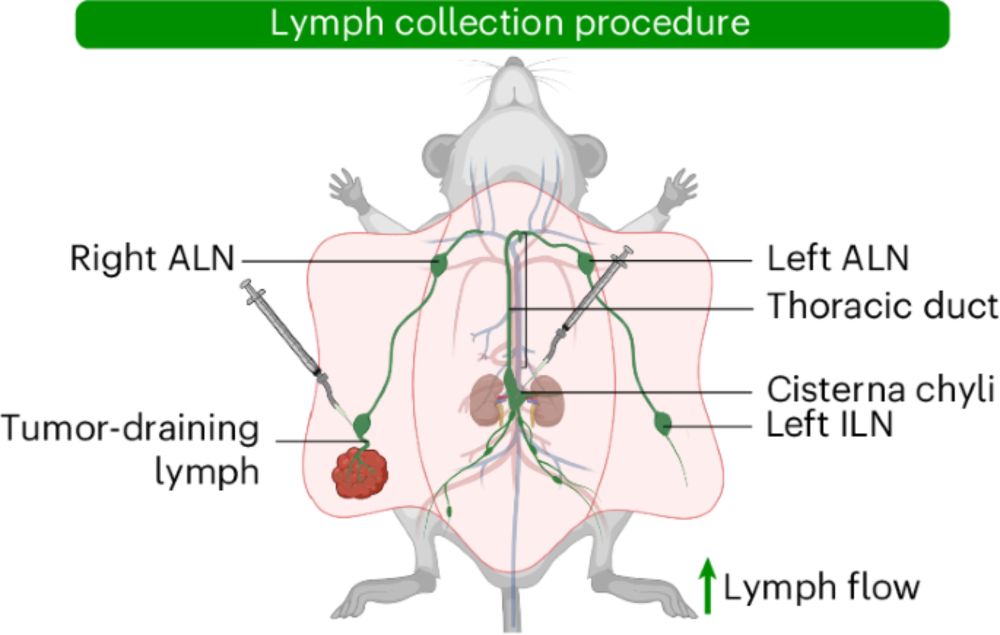

hsph.me/Tcf7l2

hsph.me/Tcf7l2
rdcu.be/eBbqV

rdcu.be/eBbqV

⬇️Check out our website to view the short talks that will be joining our invited speaker line-up - it is shaping up to be a fantastic 4 days!
🗓️Final Poster & Reg Deadline: 07 Aug 2025
🔗 bit.ly/3FR0Z3E
#FusionAgingResearch
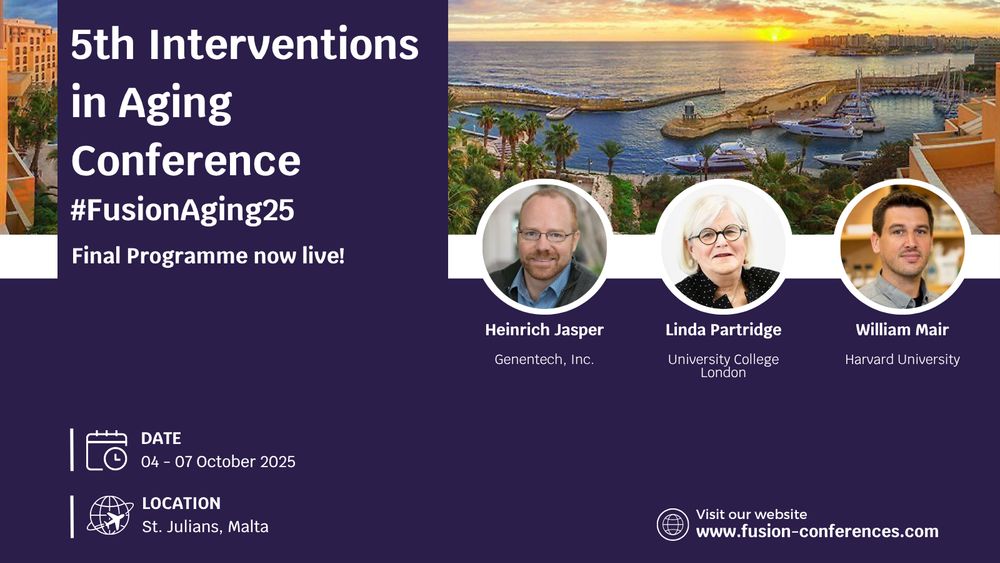
⬇️Check out our website to view the short talks that will be joining our invited speaker line-up - it is shaping up to be a fantastic 4 days!
🗓️Final Poster & Reg Deadline: 07 Aug 2025
🔗 bit.ly/3FR0Z3E
#FusionAgingResearch

@yannphd.bsky.social and team define the physiological role of AKT-mediated phosphorylation of TSC2 in regulating mTORC1 signaling. www.cell.com/developmenta...
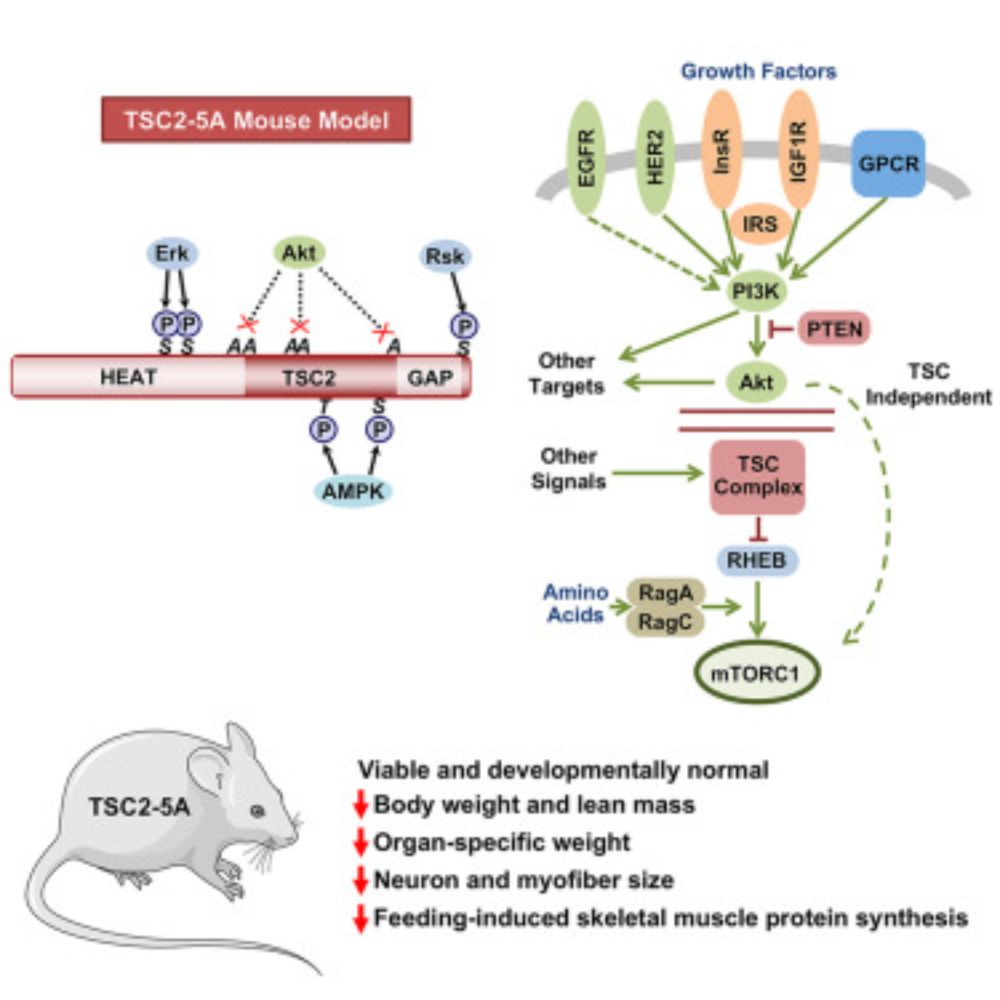
@yannphd.bsky.social and team define the physiological role of AKT-mediated phosphorylation of TSC2 in regulating mTORC1 signaling. www.cell.com/developmenta...
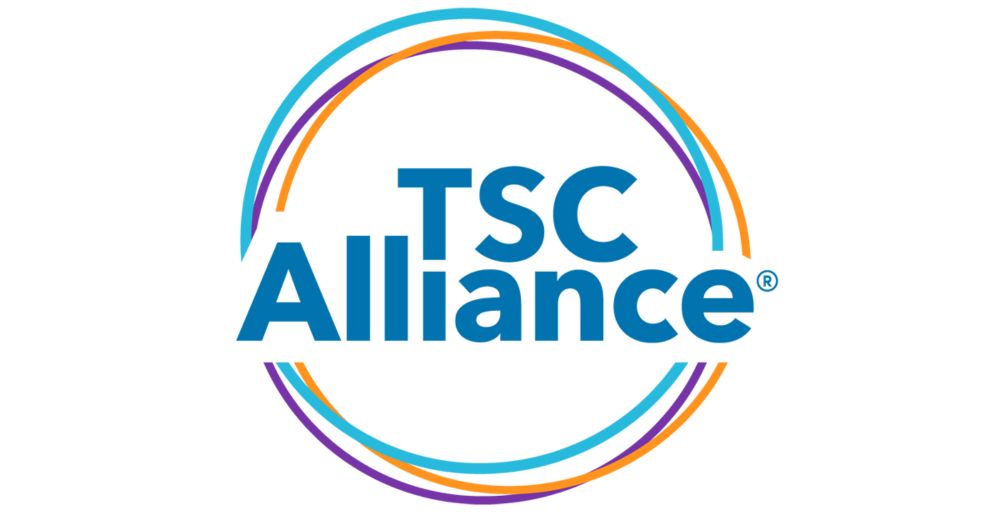
hsph.me/mitoT2D
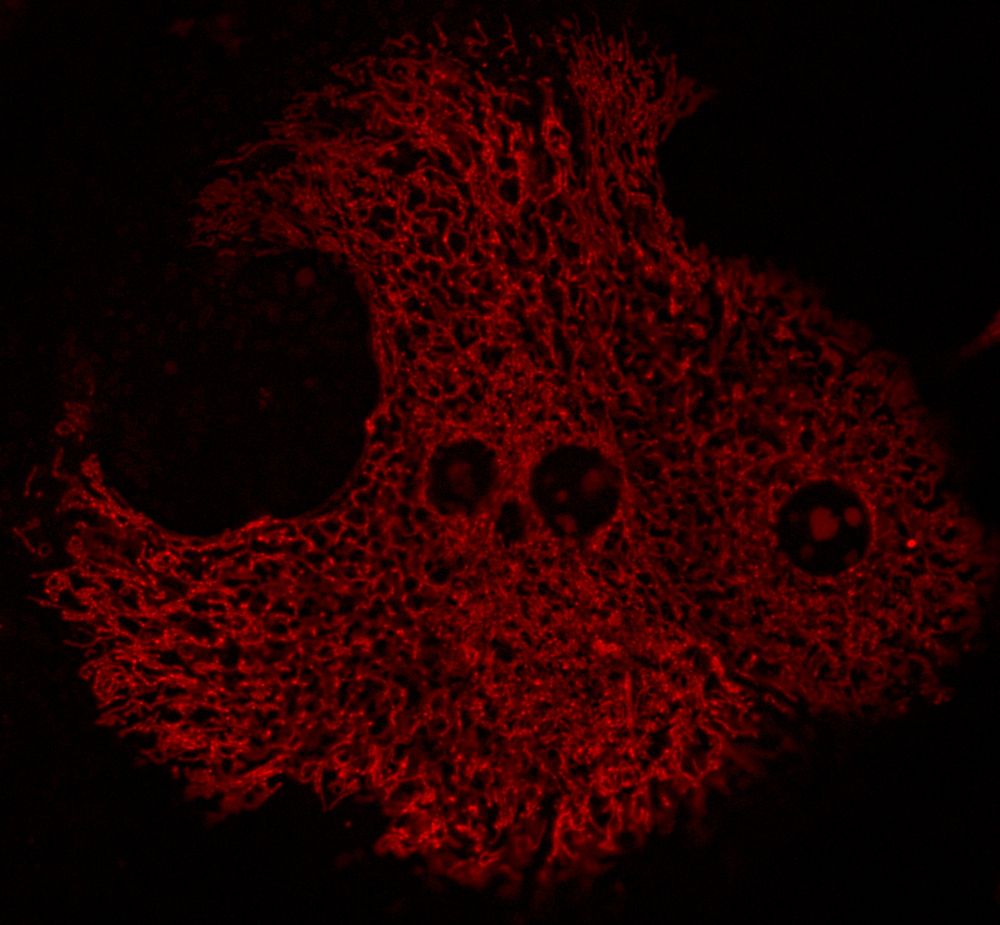
hsph.me/mitoT2D
He'll explore the TSC-mTOR pathway in growth and metabolism. Don’t miss it! @bdmanning.bsky.social @met-hsph.bsky.social @mario-pende.bsky.social
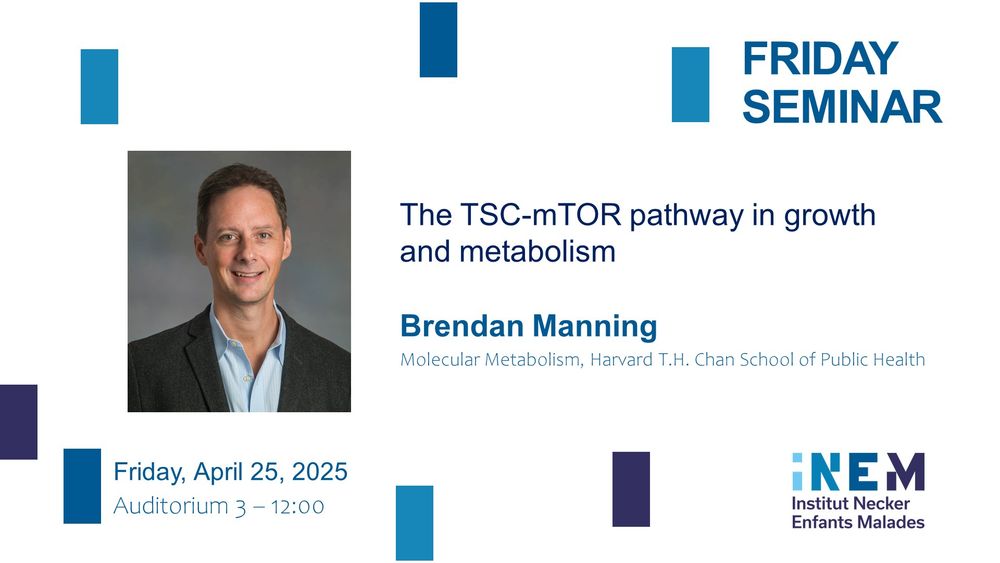
He'll explore the TSC-mTOR pathway in growth and metabolism. Don’t miss it! @bdmanning.bsky.social @met-hsph.bsky.social @mario-pende.bsky.social
See you there: Monday May 12, 2025, Kresge Building at HSPH, G1 auditorium, 12:00-1:00pm
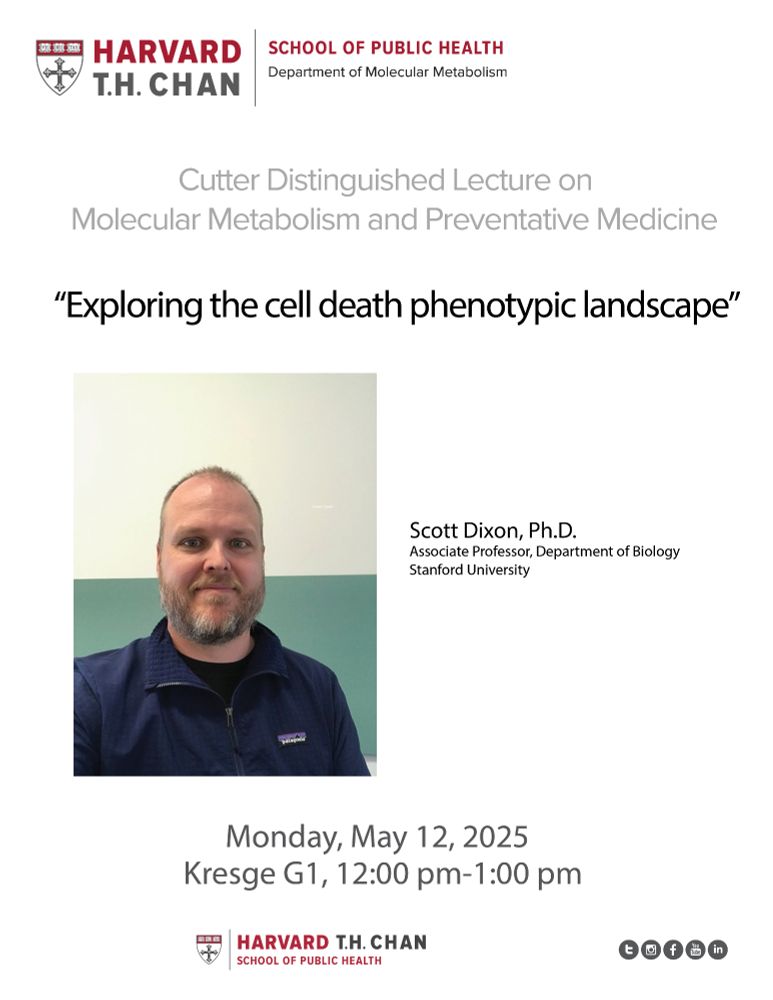
See you there: Monday May 12, 2025, Kresge Building at HSPH, G1 auditorium, 12:00-1:00pm
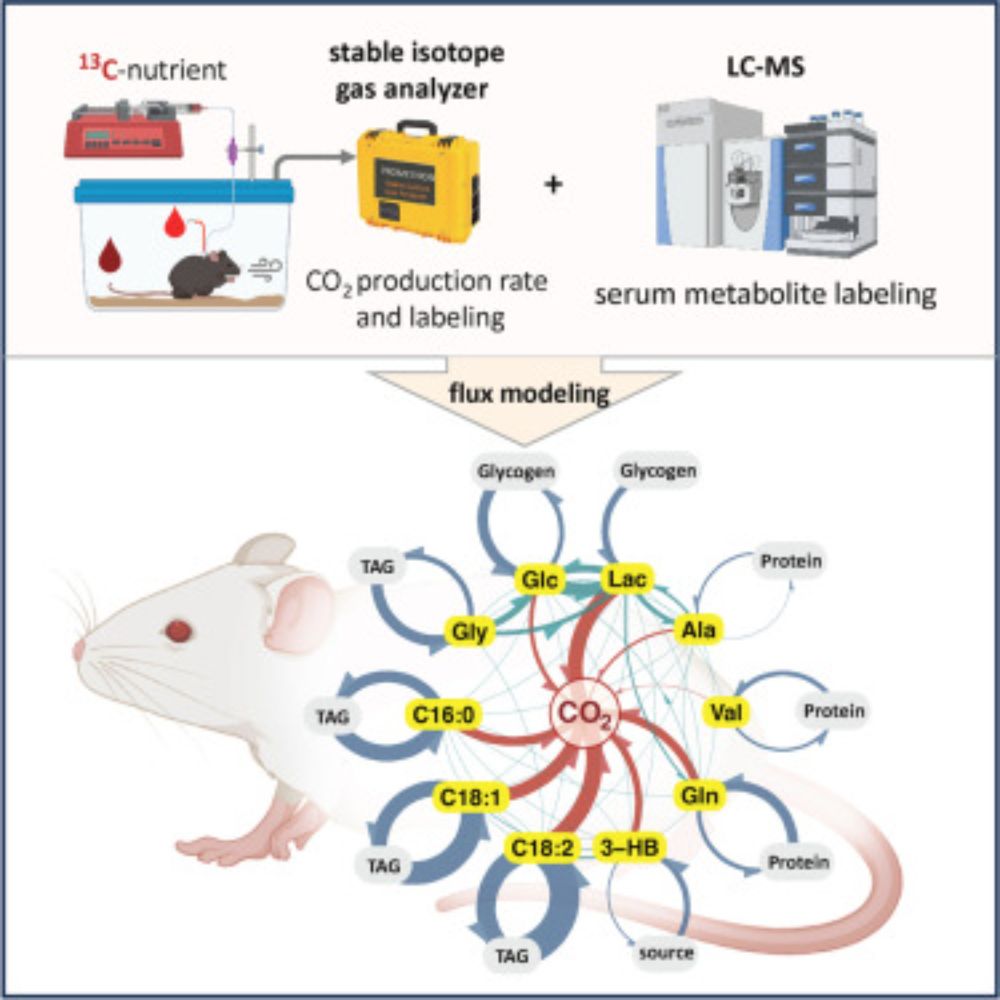
www.embopress.org/doi/full/10....
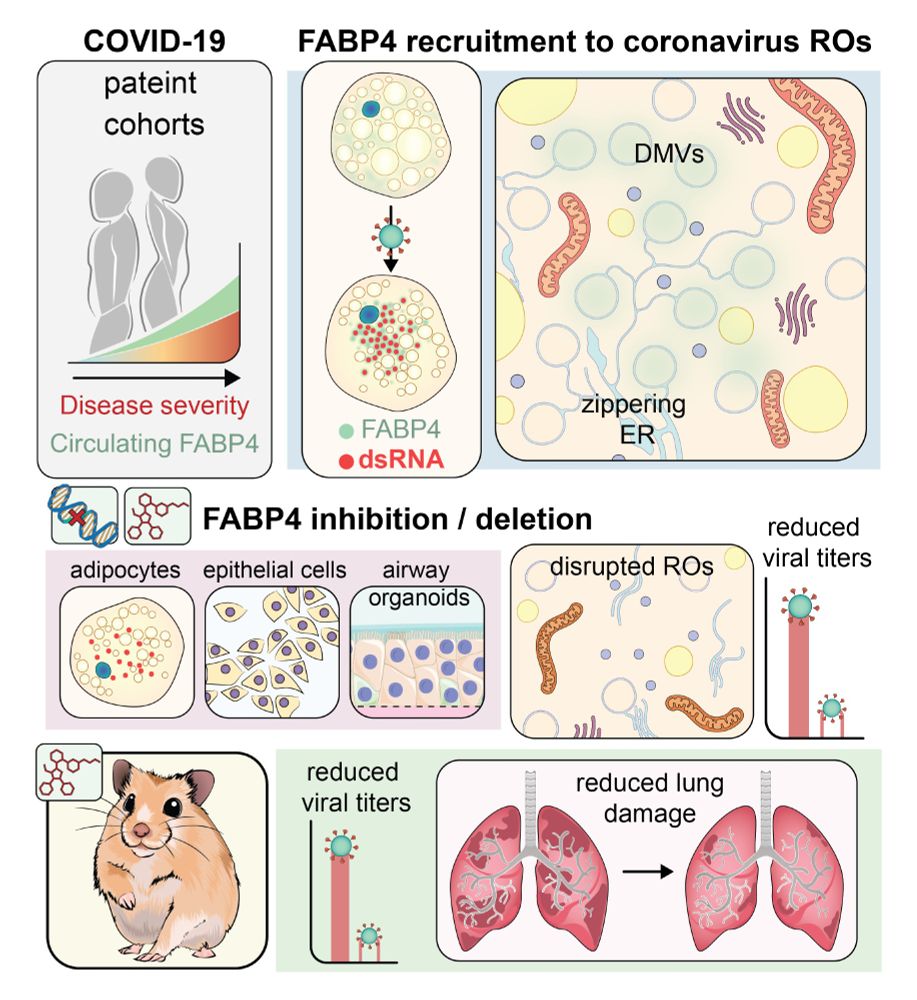
www.embopress.org/doi/full/10....
